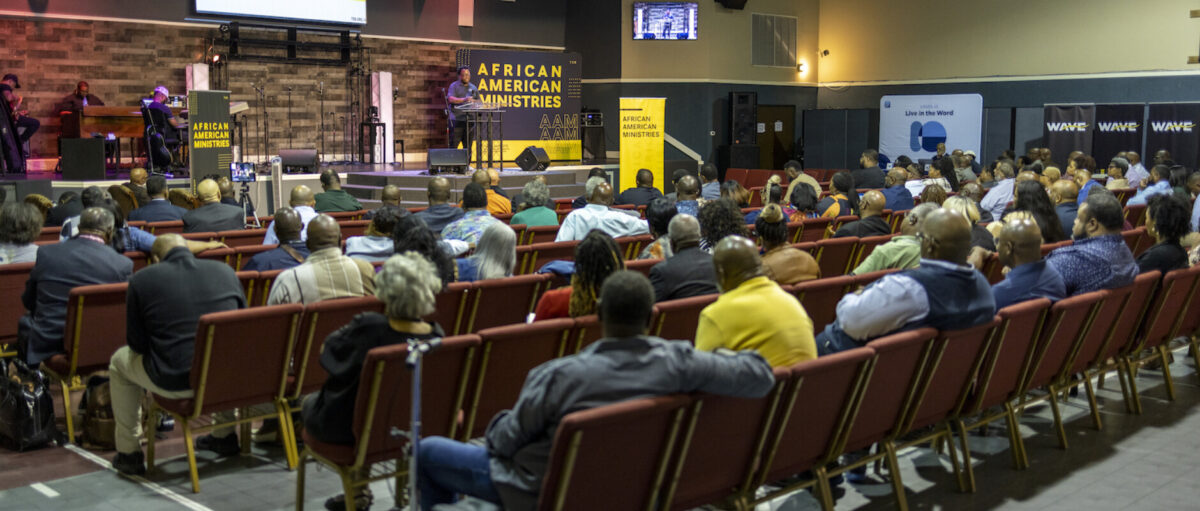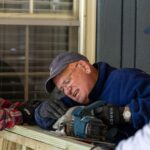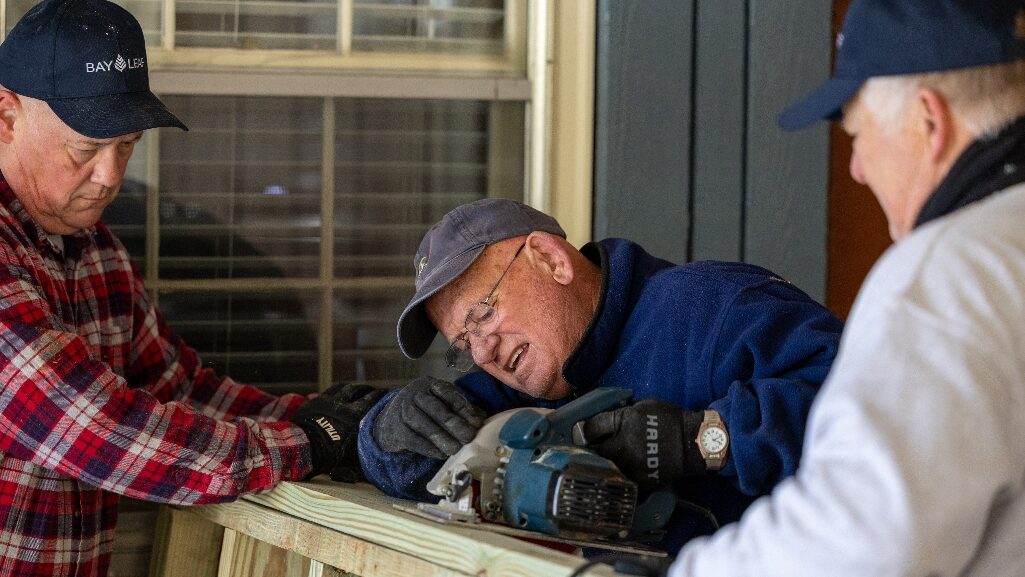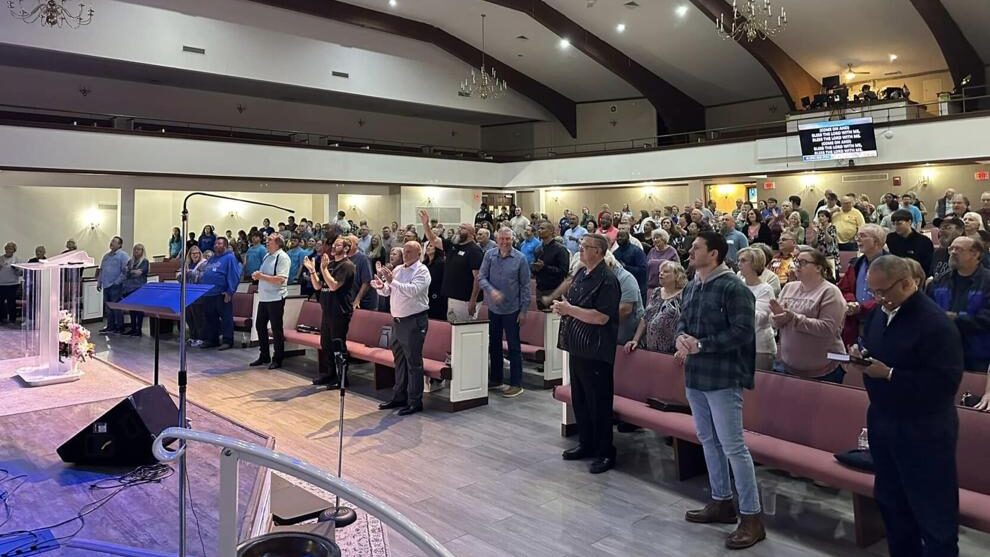“Do you want to be well?” Ralph West asked that simple question — the same question Jesus asked the invalid in John 5:6.
West challenged church leaders to ask that question, both of their congregations and themselves during the recent African American Leadership Conference. The Baptist General Convention of Texas event was held March 10–11 at First Metropolitan Church in Houston.
“We typically look at a congregation with broken feet,” said West, pastor of the Church Without Walls (Brookhollow Baptist Church) in Houston. “And before we stand up (to preach and teach), we’re asking the question, ‘Do they really want to get well?’”
West said it should prompt a self-critique: “Am I giving to them what will make them well? Am I saying something now that’s worth being repeated?”
Encouraging leaders to reframe discipleship was the theme of the annual conference. Saying churches have routinely viewed discipleship through the wrong lenses, Tim Fuller, African American Ministries specialist with Texas Baptists, set the stage for two days of equipping and education when he encouraged more than 200 gathered leaders to view discipleship “through the eyes of a Jewish Jesus.”
A movement to join
“What He means by discipleship is probably a little different than what we understand discipleship to mean,” said Fuller, who added that in calling people to follow Him, Christ shows the gospel is not simply a message to be received, but a movement to join.
Along with main sessions featuring sermons by West, Bryant Lee, Jonathan Smith and Dr. John Ogletree Jr., attendees participated in workshops designed with the goal of building and improving discipleship models and programs in the local church.
In remarks during the opening session, Fuller joked that he is “a Fred Sanford connoisseur,” referring to the TV show “Sanford and Son.”
“When we talk about reframing discipleship,” Fuller said, “the problem is I believe we have looked at discipleship like Fred Sanford. … We get all of our glasses, and we pick the glasses we think that we need, and we look at discipleship through the wrong frame.”
In those cases, Fuller said, “we may get some wrong results.”
Fuller said many times, discipleship is viewed “through the lenses of Western European Christianity,” or through the lenses of the church growth movement – which is “more concerned with bucks and budgets, but not discipleship” – or through the eyes of the Reformation.
Instead, he urged attendees to see discipleship as Jesus saw it. Teaching from the creation account in Genesis, “Jesus has connected discipleship to what God is trying to do in creation,” Fuller said. “Jesus is not just concerned about getting you into heaven. Jesus is not just concerned with the sweet by and by — He’s also concerned with the dirty here and now.
“He teaches, ‘I don’t want to get you a passport out of hell, into heaven. I want to teach you how to get into cooperation with what God is trying to do on earth.’ So when He talks about discipleship, He is not just trying to rescue us, He is trying to recruit us.”
Expecting God to work
Additionally, West preached from John 5 about the “curious moments when hope and hopelessness meet.”
West noted that the man had been an invalid for 38 years and had been at the pool called Bethesda hoping for healing, “for a long time” (John 5:6). The man “had been helped along the way by someone who had carried him to the pool,” and despite many disappointments — 13,870 sunrises of hope, 13,870 sunsets in disappointment — “he kept on coming” to the pool.
That attitude, West said, “is one of the unique traditions of the Black church experience” — expecting God to “do something.
“I don’t get up no time to preach, pray, read, sing and not expect God to do something,” he said. “I expect God to work a miracle. I expect God to help somebody.”
Confronting hopelessness
Noting the increasing violence in his home city of Houston, West said hopelessness “is all around us. That’s one reason the church needs to be the church, so that when the hopeless show up, they know that we worship a God that brings hope.”
In his sermon, West also noted, “Not everybody wants to be made well.” And he pointed to a culture of codependence that can grow in the church.
“Every pastor,” he said, “needs to be careful of that, that you don’t create a church culture that makes the members codependent upon you, (so) that they can’t move without you. You want to build healthy people that are able to worship God whether you are there or not. That is the mark of the maturity of the great church.”
EDITOR’S NOTE — This story was written by George Schroeder and originally published by the Baptist General Convention of Texas.








